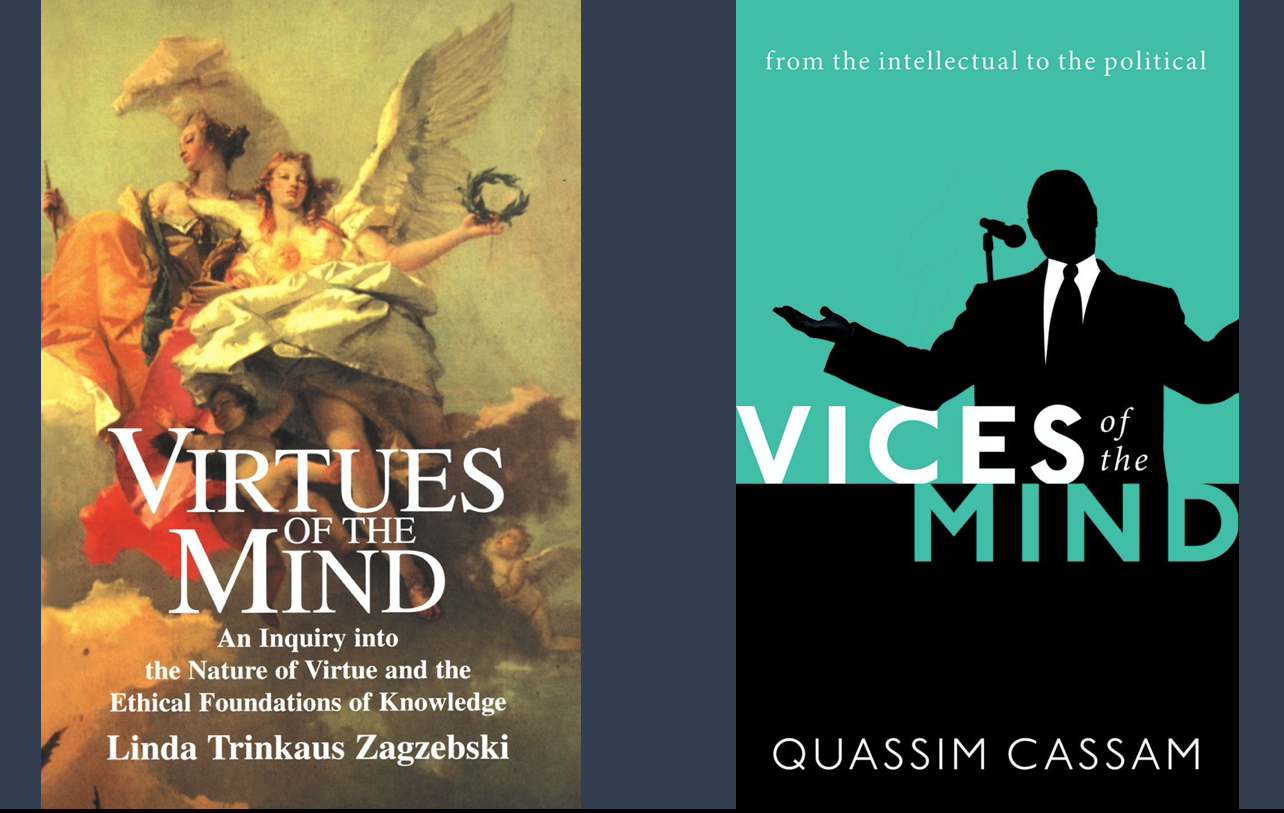
Students taking this module will follow the topics described below. Each lecture will be followed by a one- hour discussion class, at which issues covered in the lecture will be discussed in smaller class groups. There will be two revision sessions in the summer term, one for each term.
Autumn Term (Lecturer: Matt Burch)
This part of the module encourages students to reflect on what kind of knowers they want to be and what kind of knowledge community they want to belong to. We will begin by reading recent work in virtue epistemology, which studies the so-called virtues and vices of the mind. We will discuss important epistemic virtues that can help us flourish as knowers, e.g., self-reflection, intellectual humility, and intellectual perseverance; and we will also read about epistemic vices that undermine our capacity to acquire knowledge, e.g., closed-mindedness, dogmatism, and intellectual laziness. We will then turn to social epistemology, with a particular focus on the importance of trust in our knowledge practices. Put simply, if we cannot trust the testimony of others and their claims to know things, it’s difficult to see how we can know anything. With this insight in mind, we will pay special attention to the question of what makes the claims of science trustworthy.
Spring Term (Lecturer: Irene McMullin)
In this part of the module, students will explore the nature of selfhood. What kind of creatures must we be in order to be capable of thinking, taking responsibility, experiencing meaning, or having a personal identity that continues through time? What does it mean to say that we know ourselves? Is there even a self at all? Is that self socially constituted? Students will read both classical and contemporary texts to think through these core philosophical questions.
- Module Supervisor: Irene McMullin